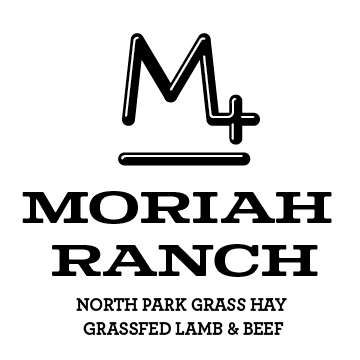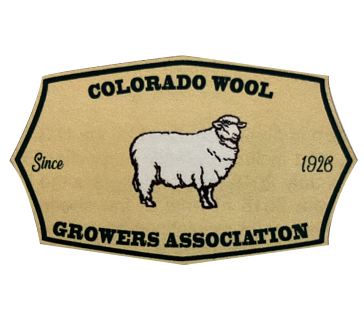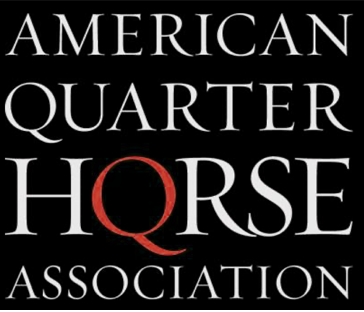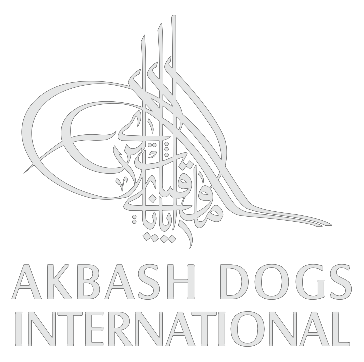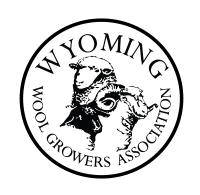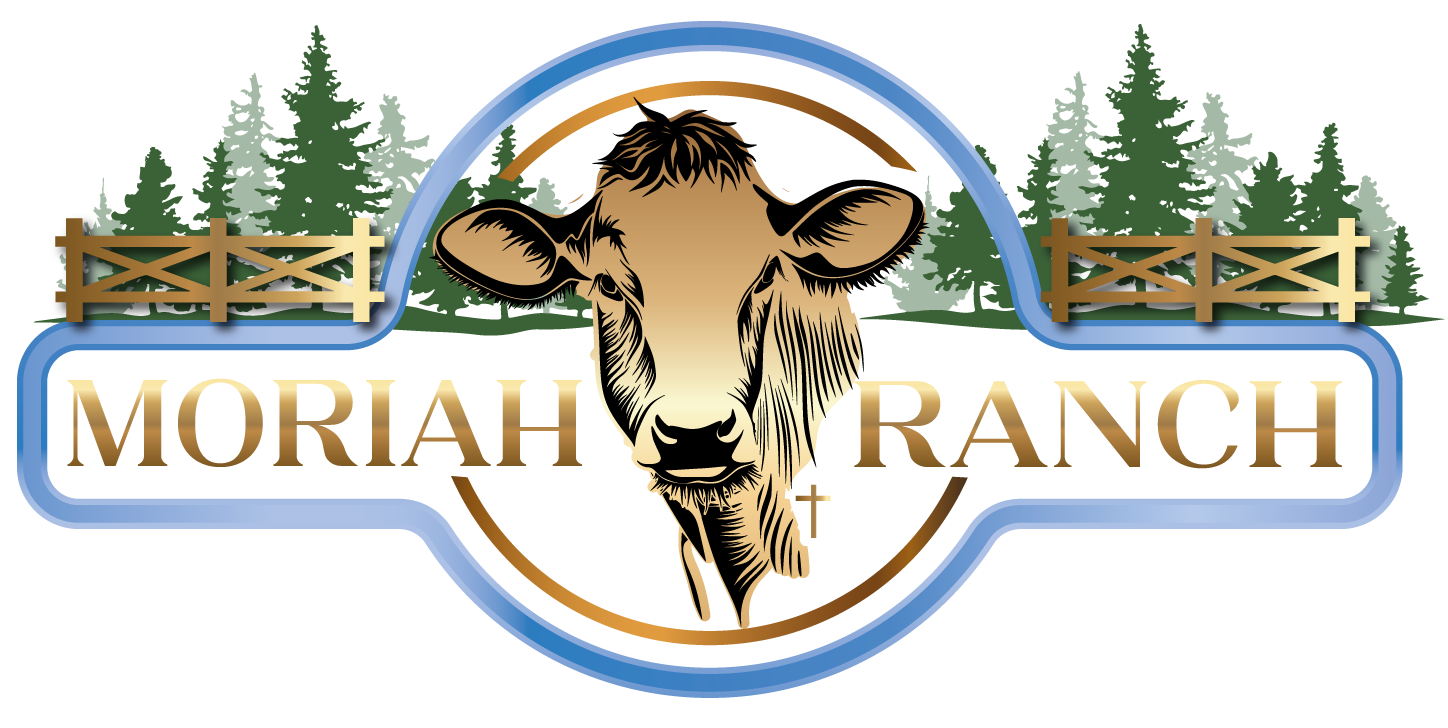Hey Hay!
Introducing North Park Grass Hay, the premium choice for your livestock's nutritional needs. Sourced from our expansive meadows, this hay is carefully harvested to ensure optimal quality and freshness. We begin our harvest mid-July, to ensure it is packed with essential nutrients and fiber. North Park Grass Hay is perfect for promoting healthy digestion and overall well-being in your animals. Beef from cattle fed primarily on grass hay is often praised for its distinctive flavor and tenderness, which many consumers prefer over beef from grain-fed cattle. Horses love our hay and leave very little to waste.
All our hay is barn stored. So its color and nutrition are not compromised.
We have shipped our hay all over the United States and specifically to race tracks in Kentucky and Florida.
Call or text: 970-396-5973
mtnmarcy@gmail.com
*NEW* 18 Bale Bundles! These bales are our beautiful 3x4 bales cut and put into 50 pound small bales! These are NOT RE-BALES!! Buy the entire 18 pack bundle, or can be sold on the individual basis. $10.50/each or $185 for the bundle.
Small Square Bales: $11.00 each (72 lbs) SOLD OUT
3x3 Bales: $100 each (720 lbs approximately)
3x4 Bales: $140 each (1100 lbs approximately)
Round Net-wrapped bales $140 each( 1400 lbs approximately)
**Hay Test Available ** We use Dairyland labs and run the Equine Test
Pickup is the most preferred method. Loading assistance available.
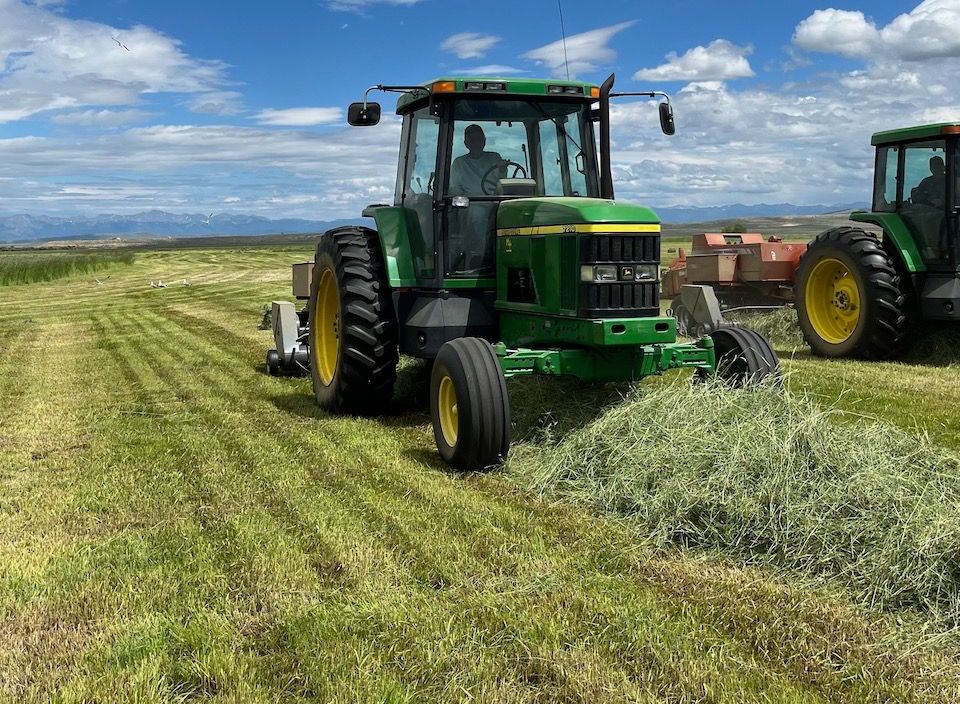
Hay Stats:
The #1 Horse Quality hay! Hay Test Available - Test done by Dairyland Labs Jerome Idaho
Because of its nutrients, people rarely have to supplement the horses diet … even during the winter months.
*Our Grass Hay does not contain Alfalfa.
Grass hay is a popular choice for feeding livestock, including horses, cattle, goats, and rabbits, for several reasons:
- Nutritional Balance: Grass hay, such as timothy, garrison and native meadow grasses provide a balanced diet for many animals. It contains essential nutrients like fiber, protein, vitamins, and minerals necessary for healthy digestion, growth, and overall well-being. Our hay wonderful for older horses, it's soft and extremely easy to chew.
- Dental Health: Chewing on fibrous grass hay helps maintain proper dental health in herbivorous animals. The abrasive texture of hay helps wear down their teeth naturally, preventing overgrowth and dental issues.
- Digestive Health: The high fiber content in grass hay promotes healthy digestion in animals. It aids in maintaining proper gut motility, reducing the risk of digestive problems like colic, bloating, and diarrhea.
- Weight Management: Grass hay is generally lower in calories and protein compared to legume hays like alfalfa. This makes it suitable for animals that require a diet with controlled calorie and protein levels, such as overweight horses or those with metabolic conditions.
- Natural Foraging Behavior: Grazing and foraging on grass hay mimic the natural feeding behavior of many herbivorous animals. It provides mental stimulation and enrichment, promoting overall animal welfare and reducing boredom-related behaviors.
- Economical Option: Grass hay is often more readily available and less expensive than legume hays like alfalfa. It can be a cost-effective choice for feeding livestock, especially when considering larger quantities needed for winter feeding or stable management.
- Versatility: Grass hay can be used as a primary forage source or as part of a mixed forage diet, depending on the nutritional needs of the animals. It can also be supplemented with grains, minerals, or vitamin-rich feeds as necessary.

